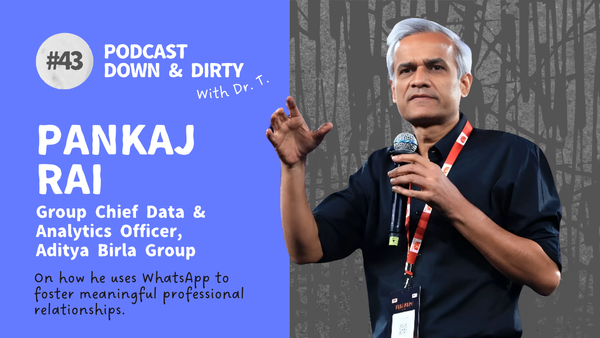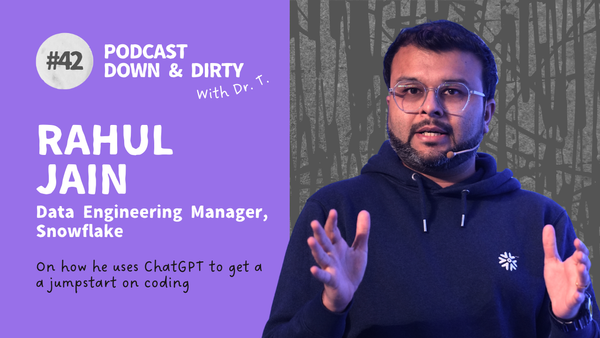What do your employees want?
The workplace is undergoing dramatic shifts. In this context, understanding what employees want - in their own words - can help brands better align their offerings to the demands of an empowered workforce.

Written by Dr. Taapsi Ramchandani
A job today is as much about financial stability as it is about satisfying personal goals. Phenomena like “The Great Resignation” and “quiet quitting” trace a pretty solid line from the lockdown to the future of work. It appears that we are reprioritizing everything, especially in the context of work-life balance. But there are other social phenomena brewing in tandem. Zoomers are entering the workforce, social media is reshaping our identities and attention spans, and the startup economy is selling stories of dreams within arm’s reach.
For whatever the reason, the workplace is undergoing dramatic shifts. Market leaders, growth companies and startups are equally embroiled in the double challenge of scouting for new talent and retaining star workers. In this context, understanding what employees want - in their own words - can help brands better align their offerings to the demands of an empowered workforce.
People are quitting because they’re stagnating

Here’s what some recent job transitioners told us on the topic of seeking a new challenge:
I was not able to enjoy the work because the company itself shifted its focus to a different area, it was just day-to-day activities, I had no challenge.
I don't want to finish the third year in the same role...in the second year or now I want to move on to a different route.
It's the learning. The learning that I would get here, even if this entire thing doesn't work out, the learning that I would have is something that I wouldn't have had (otherwise). If I look at it this way, I still have 30 more years of experience to look forward to. So this will probably help me become a rounded professional.
A job is judged according to its ability to align with personal goals

Here’s what they said on the topic:
It was more of (them) assessing the cultural fit within the organisation, I would think, because they are very conservative in that respect.
I do not say yes, to work that pays to less, because I could use that time to do something better, and get more money for that same amount of time and work that you put in.
I was getting a lot of opportunities, but they did not fit my criteria.
So what I thought was that I needed to be in a role that is more diverse and brings the best out of me.
Prospective employees have become pickier and they are not afraid to show it. Selling the story of growth, mentorship and career advancement would perhaps go a long way in making the workplace attractive to this cohort, especially when you consider reports like this one out of Deloitte that suggests it can cost firms 30 - 400% of an employee’s salary to replace them.
The stakes are high, folks! It's a wait-and-watch game to see how HR policies and workplace culture evolve to address these needs.



